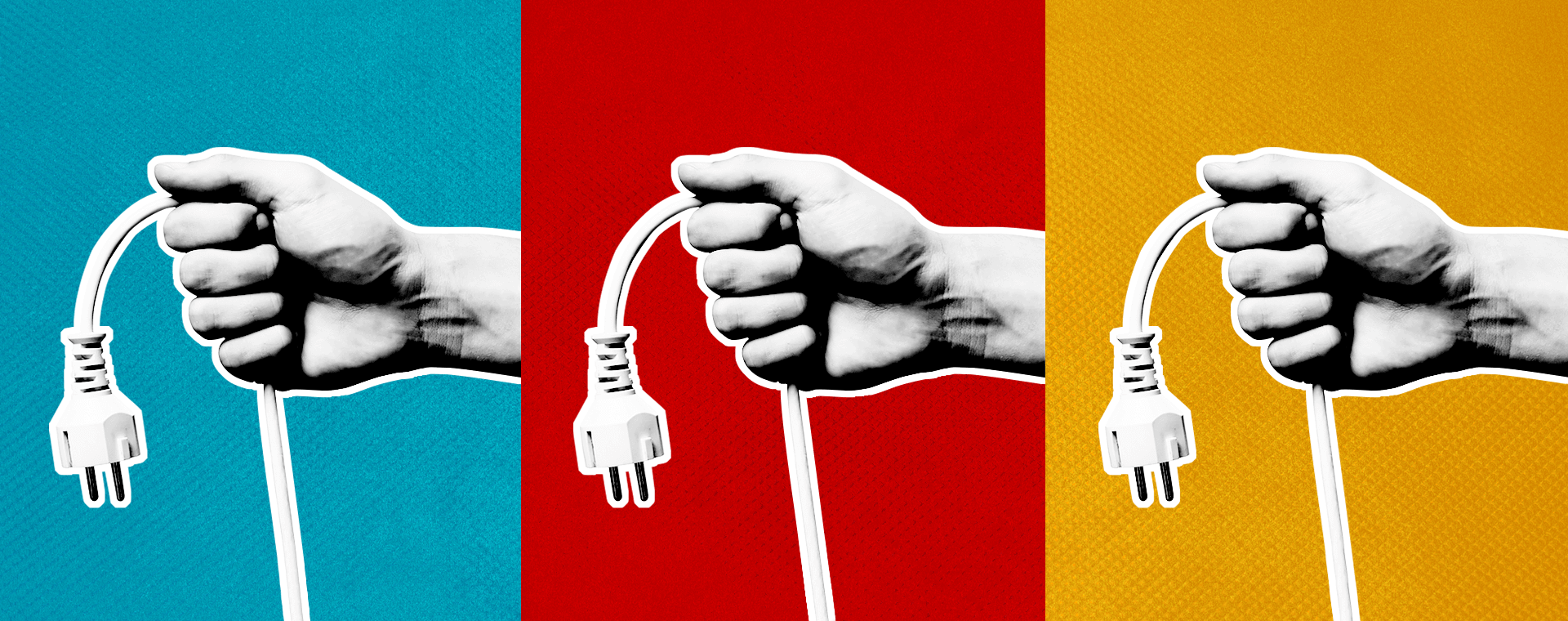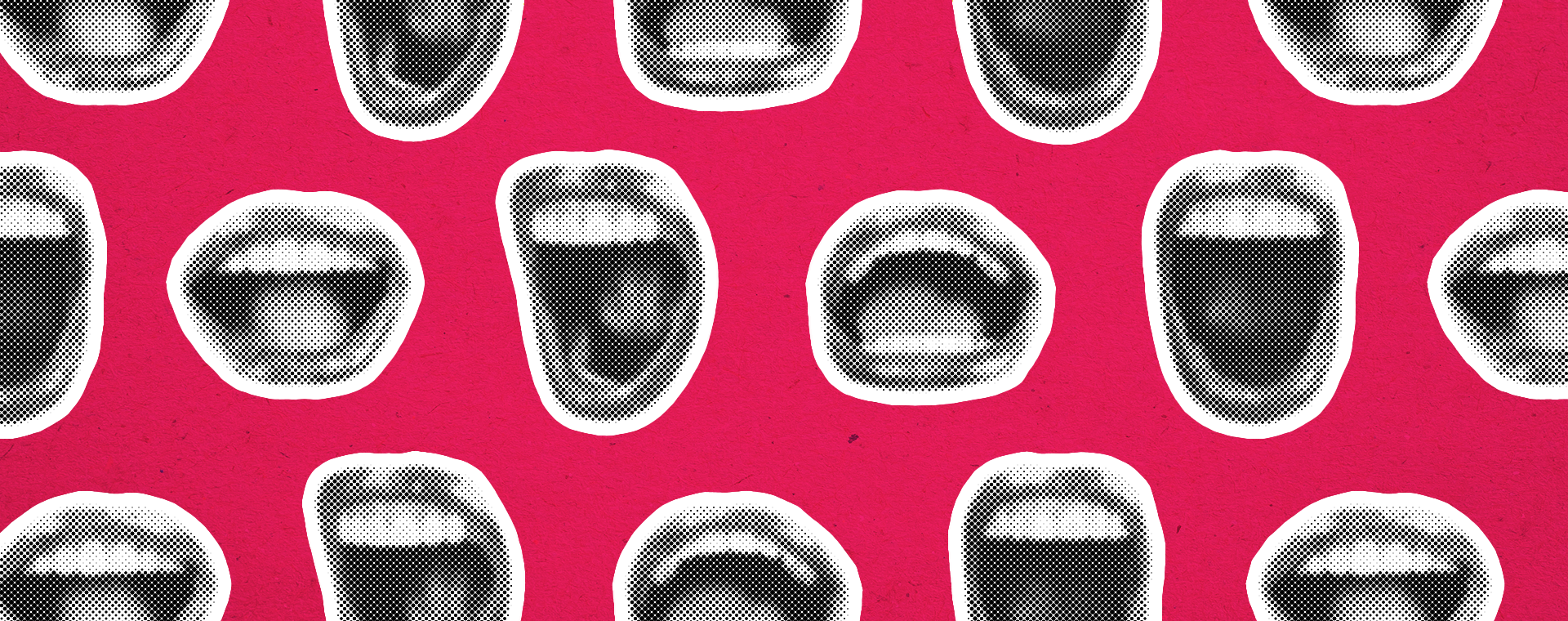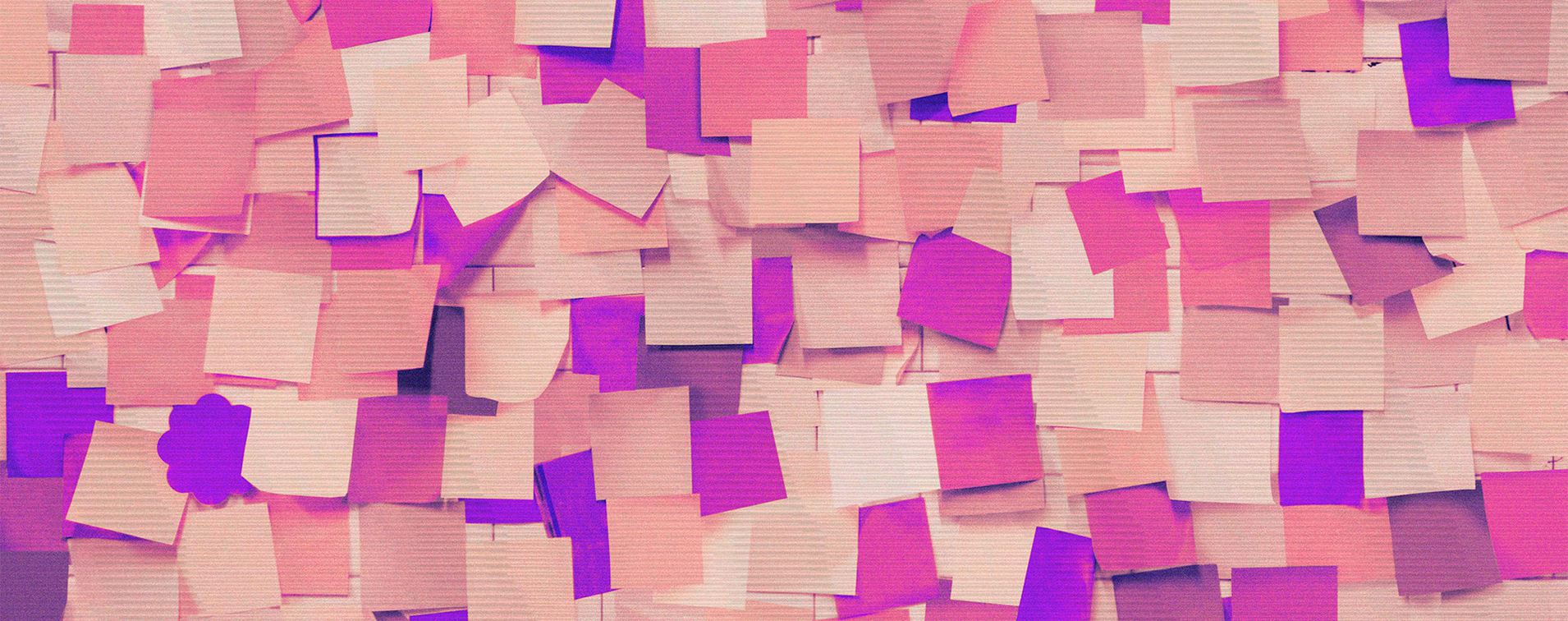Why you actually need to go home when you’re sick
By: Carly McCrory
June 20, 2019 | Reading Time: 4 mins
As soon as I woke up, I knew it wasn’t going to be a good day. An aching soreness in my throat, a pounding headache, and congested sinuses. By the time I got to work, my nose was running like a faucet and I was coughing non-stop.
“Carly, you look awful,” said my coworkers. “Go home!”
“Come on, I’ll be fine! It’s just a little cough,” I countered, feeling a fever coming on.
At Stryve, we have unlimited sick days. Despite this, I went into work and tried to fight through my cold because I didn’t want to fall behind. Turns out this is common in the workplace, with 62% of Americans admitting to going to work sick — pass the hand sanitizer, please.
On the flip side, there are plenty of people who do abuse the system. According to a survey by Workforceinstitue.org, 17.5 million Americans didn’t think they would come in the Monday after the Super Bowl with 4.7 million Americans planning to call in sick. That’s 27% who admit they’ll be calling in sick when they’re totally fine.
Policies and Super Bowls aside, you should stay home when you’re sick. It’s not always easy, but it’s best for yourself, your coworkers, and your company. Here’s why:

You’re going to get everyone else sick
Have you ever noticed we all become doctors when we’re sick? All of a sudden we’re experts in infectious diseases, identifying the exact moment we’re no longer contagious. Sure, maybe you feel better than you look or sound, but to the person sitting across from you, you’re still a biohazard. Shared office spaces are bacteria’s playground and bringing your cough to work puts everyone at risk. It’s not only bad for business, but it’s also bad for the culture. Trust me, you don’t want to be the one who gets someone sick heading into the weekend. My co-workers will be joking about “The Carly Infection” for months.
You’ll kill team productivity
You can lie to yourself all you want, but the sick-you will never compete with the healthy-you. Between the coughing fits and the nose blowing, you’re constantly taken out of your zone, leaving you prone to mistakes and mental lapses. While you may think doing some work is better than doing none at all, you’re better off taking a day or two to rest up and recover. Don’t believe me? Let me throw some hard numbers at you.
You may have already heard of our Productivity-Crushing Lateness Formula. Let me introduce you to the Productivity-Crushing Sickness Formula (PCSF).
Total Productivity Crushed = (Productivity Level x Sickness Duration) + (3rd Party Impact)
The average duration of a cold or a flu is 7 – 10 days, with the most severe symptoms lasting 3 – 5 days. Let’s say Joey comes down with a horrible cold, but decides to fight through it at work. His worst symptoms will last for approximately 5 days or 40 work hours. Because he’s running a fever, blowing his nose, and has all those other lovely symptoms, Joey’s only operating at about 50% his usual productivity. Carry that through the duration of his cold (0.5 productivity x 40 hours) and that’s 20 hours of lost production. Yikes.
With Joey sneezing on every possible surface, both Chandler and Monica start coming down with the sickness, too. We call this 3rd party impact.
Thankfully, Chandler and Monica know better than Joey and take 2 days off each. While they’re making the right choice in containing their germs, there’s still a hit to productivity: 16 + 16 = 32 + Joey’s 20 = 52 total hours of lost production. Not only is that bad for the company and clients, it’s bad for team chemistry, too, when you consider Chandler and Monica were too sick to go to Ross’s birthday over the weekend.
All of this could have been minimized if Joey had just stayed home for a day or two. Losing 8-16 hours is significantly better than 52.
You’ve got a whole team to rely on
I’m sure you’re very important, but your office should be able to survive a day or two without you. A good team will be there for each other through sick days, vacations, and any other absence. If there’s a pressing deadline, don’t be afraid to speak up and ask for support.
Listen, people get sick. If you have a healthy work culture, your team will understand your cold isn’t a ploy to slack off. They’ll step up and help out, knowing you’d do the same for them. Flu season is no time to be a hero, nor is it the time to prove how tough you are. When office infections are involved, it’s not all about you.
So go home, sickie!
There’s no beating around the bush for this one. Being sick sucks. So does feeling like you’re getting behind on work and letting people down. But the reality is, it happens. People get sick and people miss work. The sooner you accept that, the sooner you can get back to sleep, get better, and get back to work at 100%. For your own sake and the sake of your clients and coworkers, go home sickie!









